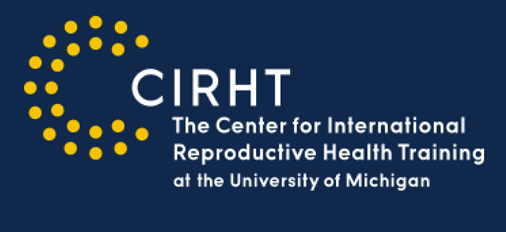Speaker
Description
Background
A recent audit revealed a quite low uptake of informed consent (IC) and debriefing for caesarean section (CS) in the West Region of Cameroon. Adopting an explanatory approach this study explored CS providers’ views on routine practices of IC and D.
Methods
From March to August 2024 we purposively included 69 CS providers across 20 hospitals in 9 health districts in the West Region of Cameroon. In-depth interviews were conducted by an obstetrician-gynecologist and a sociologist. A pre-tested guide designed to capture their views on the relevance of IC and debriefing for CS, their readings of current practices and their perspectives for improvements. Interviews were audio-recorded and transcribed verbatim. Thematic analysis was performed in an iterative approach till meaning saturation using NVIVO-14® software. Two researchers independently coded and developed a codebook used to craft categories from which relevant themes were elaborated.
Results
Providers argued that the relevance of IC to their context was underpinned by women’s right issues, providers’ legal protection, work ethics and widespread socially-grounded reluctance toward CS. For them, the major justification of debriefing is the common early subsequent pregnancy. Providers blamed the alarming low uptake of formal IC and debriefing on broader health systems shortcomings (e.g.: overloaded hospitals, low and irregular wages …). Except under life-threatening circumstances, providers clearly supported social norms that undermine women’s bodily autonomous decision-making regarding CS (e.g.: prior approval by the husband). Suggested interventions to improve the women-centeredness of IC and debriefing included: tackling CS-hostile social representations and adoption of culturally-sensitive guidelines entailing compulsory delivery of IC and debriefing for CS.
Conclusion
Providers upheld the relevance of IC and debriefing for CS in West Cameroon but depicted major barriers impeding effective delivery.


